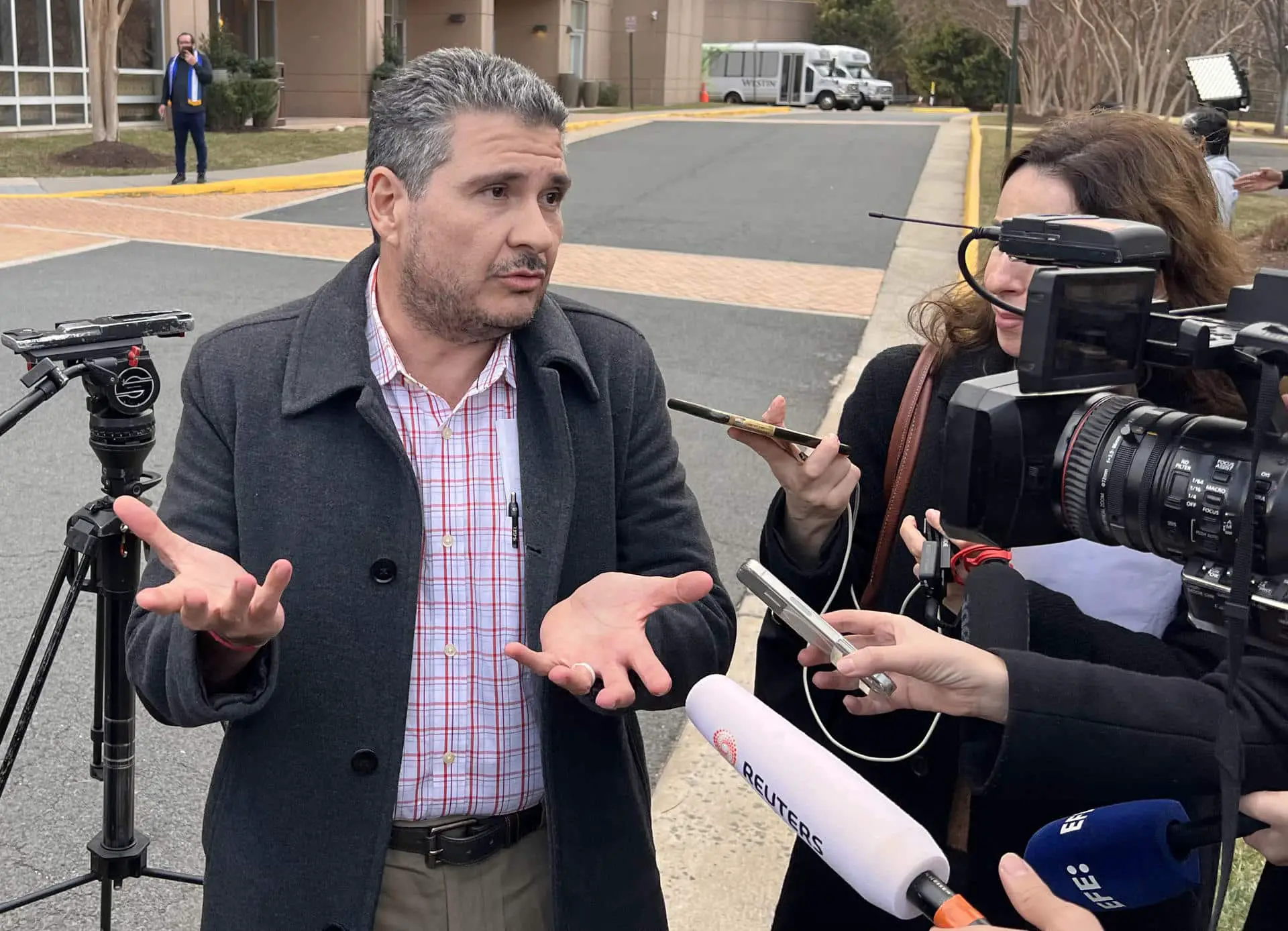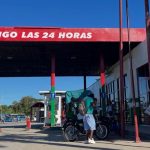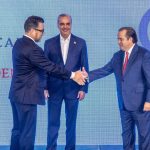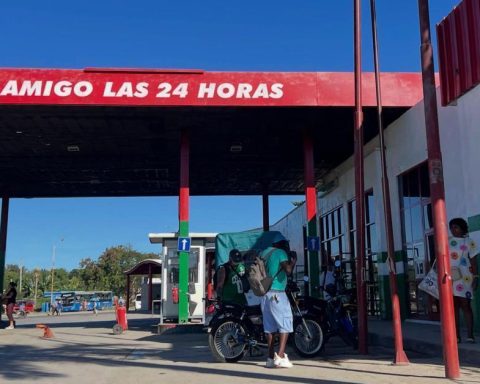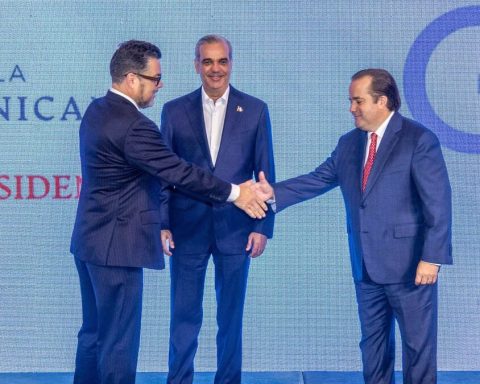The Assistant Secretary of State for the Office of Western Hemisphere Affairs, of the United States, Emily Mendrala, affirmed that the 222 political prisoners released Yesterday, February 9, by the regime of Daniel Ortega and Rosario Murillo, who were exiled, they are already beneficiaries of the humanitarian parole, for which they can remain in US territory for up to two years if they wish.
The undersecretary, however, clarified that it is possible that some of them move to third countries, such as Spain that has offered them nationalityto be able to meet with their relatives and loved ones that they have not seen since they were imprisoned by the Nicaraguan regime.
“The 222 have already received their humanitarian parole. Now the future of each one depends a lot on their situation, on their preferences. Some have family in the US and are in the process of connecting with loved ones here in the US, others have ties and communities in other countries in the region or Europe. We have the goal of connecting them and making their trip easier if necessary,” Mendrala said during a telephone press conference.
The deputy undersecretary reiterated that the release of the 222 political prisoners was “a unilateral measure” by the Government of Nicaragua and that all of them gave their consent to travel to the US, where they are receiving medical and legal assistance.
“There was no negotiation. Nicaragua did not ask for anything in response,” Mendrala emphasized. However, she recalled that in the last four years the US has demanded the release of all political prisoners, both publicly and privately, and expressed her commitment to continue demanding freedom for those who are still imprisoned.
In the case of the bishop of the Diocese of Matagalpa, Monsignor Rolando Álvarez, “we know that he remains a political prisoner of Nicaragua and we continue to call for his release,” said the deputy undersecretary.
“A positive step” of the regime
The US official also appreciated that the release of the 222 political prisoners is “a positive step” by the Ortega and Murillo regime, which “could put us on the path of something more constructive” in the bilateral relationship.
“We have always expressed our commitment to dialogue with the Government of Nicaragua,” emphasized the deputy undersecretary.
However, the administration of President Joe Biden is concerned about the human rights situation and the state of democracy in Nicaragua. “We have great concerns about the news that the citizenship of these people (released) was cancelled, but we are still collecting more information about the case,” Mendrala stressed.
This Thursday, while the 222 political prisoners were on their way to the United States, the Managua Court of Appeals (TAM) released a resolution to justify the “deportation” of the prisoners of conscience, despite the fact that in reality it is a banishment. Then, the National Assembly expressly reformed the Political Constitution to strip them of their nationalityalleging “treason against the homeland.”
The reform —which was approved with 89 votes, out of a total of 91— modified Article 21 of the Constitution to add: “Traitors to the homeland lose their status as Nicaraguan nationals.” In such a way that any person who is sentenced under the terms of the Law 1055, Law for the Defense of the Rights of Peoples to Independence and Self-determination for Peaceyou will lose your Nicaraguan nationality.
European Union calls for “more steps” to the regime
The European Union (EU) also expressed this Friday its satisfaction for the release of political prisonersbut warned the Nicaraguan authorities that this “long-awaited” step is not enough and dialogue must follow.
Among the political prisoners are European citizens, whose release the EU had requested “constantly” and “by all means at its disposal,” said Peter Stano, spokesman for the EU High Representative for Foreign Policy, Josep Borrell, in a statement.
The spokesman assured that the EU also welcomes the role played by the United States in facilitating a “safe journey” and the entry into the country of those released, as well as the corresponding emergency aid provided.
The EU made it clear that it rejects Managua’s decision to strip former prisoners of their Nicaraguan citizenship and your civil and political rightswhich “constitutes a violation of their fundamental rights and international law.”
Finally, the spokesman stated that the EU remains “open to political dialogue with Nicaragua, through the appropriate diplomatic channels,” and carried out “in a respectful manner.”
